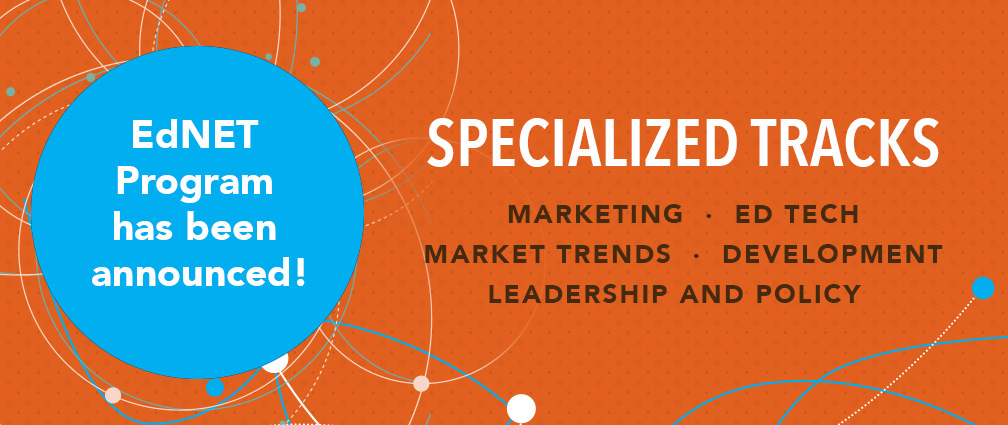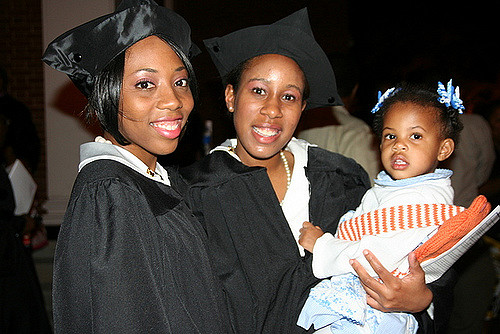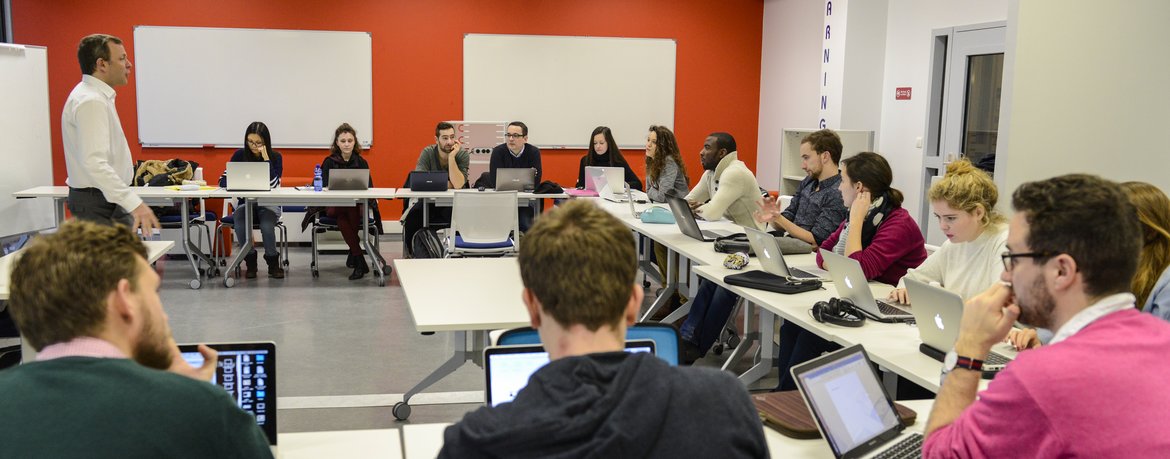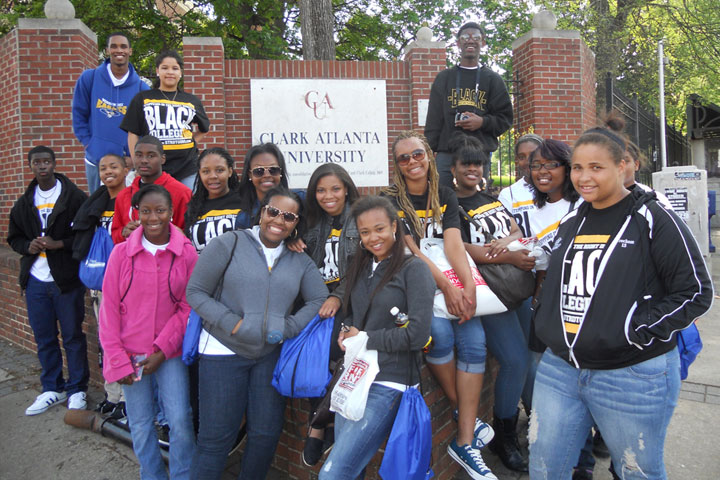The field of education has a plethora of conferences and assemblies where educators and industry leaders gather to learn about emerging developments, instructional trends and market disruptors. If you are interested in attending a highly beneficial education conference to share, learn, and find new solutions to current challenges, consider these four “not to miss” conferences that stand out with effective programming and networking opportunities. The EdNET Conference – September 17-19, Scottsdale, AZ Hosted by MDR, EdNET2017 provides senior executives from PreK-12 education companies the latest information on market trends, business partnering opportunities, funding sources, new technologies, and activities for key …
Continue reading “Four “Not to Miss” Education Conferences for EdTech Leaders”





